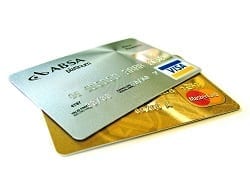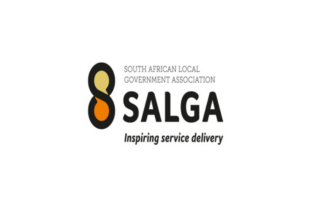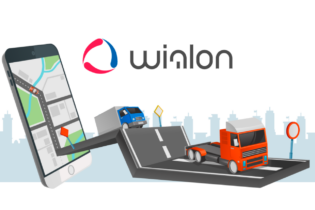Now is the time for fleet operators to get the upper hand in the tussle with fuel card payment fraud.
Driven by an ever-increasing preference for cashless payments, the global card payment industry has grown considerably in the last two decades. According to CapGemini’s latest World Payments Report, there were a staggering 365 billion worldwide cashless transactions made in 2013. That’s more than 40 for every person on the planet. While cash is still king throughout Africa, the use of cards for commerce is rising rapidly, with the so-called “Cashless Revolution” set to continue for the next decade. Unsurprisingly, fuel card usage in the commercial road transport sector is also on the rise. Increasingly, fleet operators are choosing to give their drivers the freedom, convenience and control to fill up using a company-funded solution. Shell fuel cards are used to complete more than 260 million transactions worldwide. Fuel cards remain the most secure, efficient and simple way for drivers to fill up on the road. But as more and more payments are made, so the number of opportunities for organised crime increases. For the fleet industry, the result is millions of dollars lost every year to fuel card related fraud; a problem that affects all countries and all fuel card providers. In 2013, Standard Bank alone declined R232-million fuel-card spend for fraudulant activity. Nowadays, fuel can account for up to 30% of a fleet’s running costs, so the need for operators to ensure card payment security has never been greater. As criminal tactics advance and become better targeted, so the techniques to fight them become more sophisticated. For fleet operators, a range of effective ways to combat fraudulent behaviour already exists.Hi-tech anti-fraud solutions are required to minimise the impact of card copying, falsified or hijacked accounts and abuse of genuine fuel cards. These solutions can alleviate some of the pressure on fleet managers by allowing them to focus on wider operational concerns.
Drivers should be encouraged to use service stations equipped with onsite security measures and CCTV as it helps to identify perpetrators.Another way to secure cards is to eliminate the middle man. Many fuel cards are managed by third parties that are separated from the fleet manager and fuel provider. By having wholly owned cards, transaction steps are minimised. Existing management tools should be employed as effectively as possible. This is especially true for online fuel card solutions, which can help users analyse transactions according to specific criteria – such as when and where a fuel card is used – and receive personalised alerts if a payment occurs outside the ‘normal’ pattern or exceeds a pre-set maximum fill-up limit. This, in turn, means potentially fraudulent behaviour can be detected early and, crucially, allows for a swift response. The final step is for fleet operators to work with a fuel card partner offering cutting-edge anti-fraud techniques. Criminal tactics change and adapt, so it is up to companies like Shell to help its partners stay one step ahead of the game. That includes offering sophisticated technologies, such as online systems for real time fraud detection and dedicated teams of anti-fraud experts, who review transactions with up-to-date country specific and fraud trend knowledge. Both are highly effective in minimising the impact of criminal behaviour. Ultimately, the best way for businesses to achieve payment security success and protect drivers from fraud is to ensure they have the tools and techniques to make life as difficult as possible for criminals. Beyond that, it is only by constantly refining, reinventing and renewing the methods of fraud prevention that fleet operators will emerge victorious in the fight against fraud.






